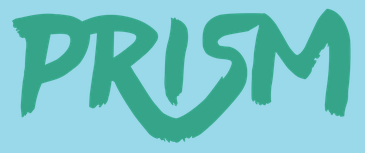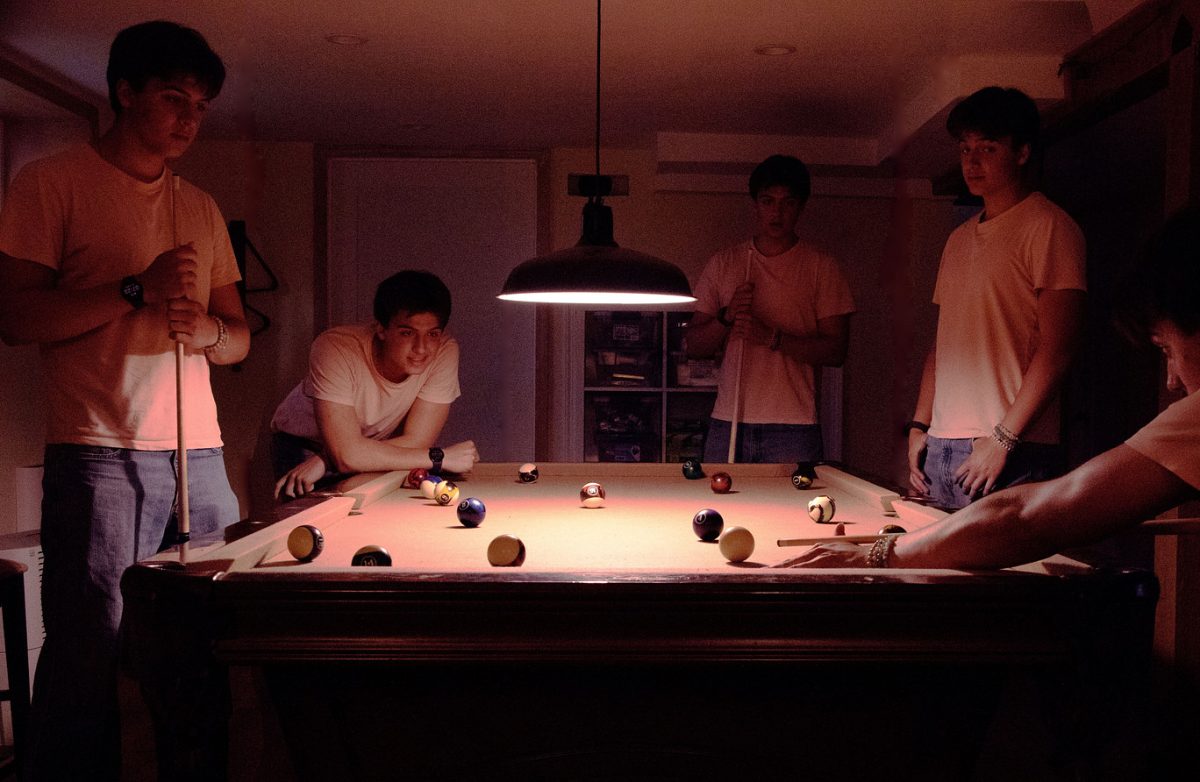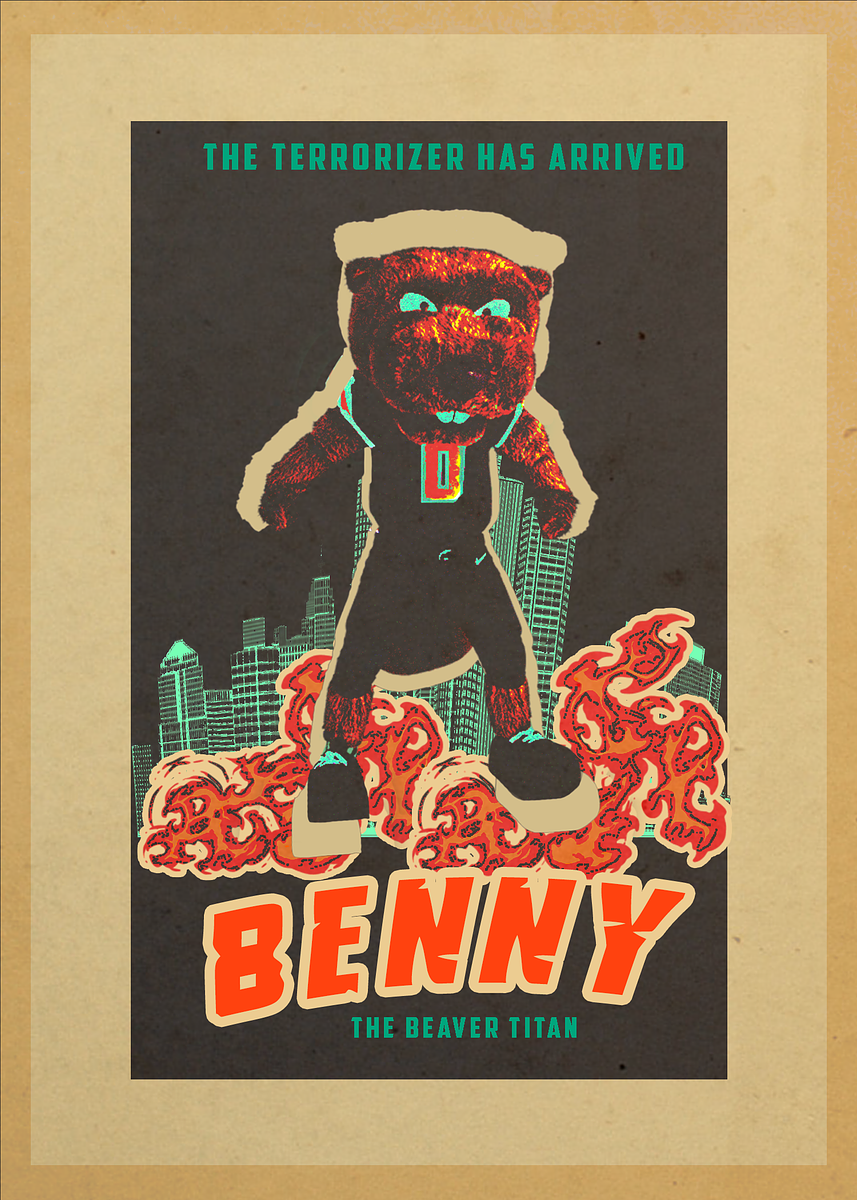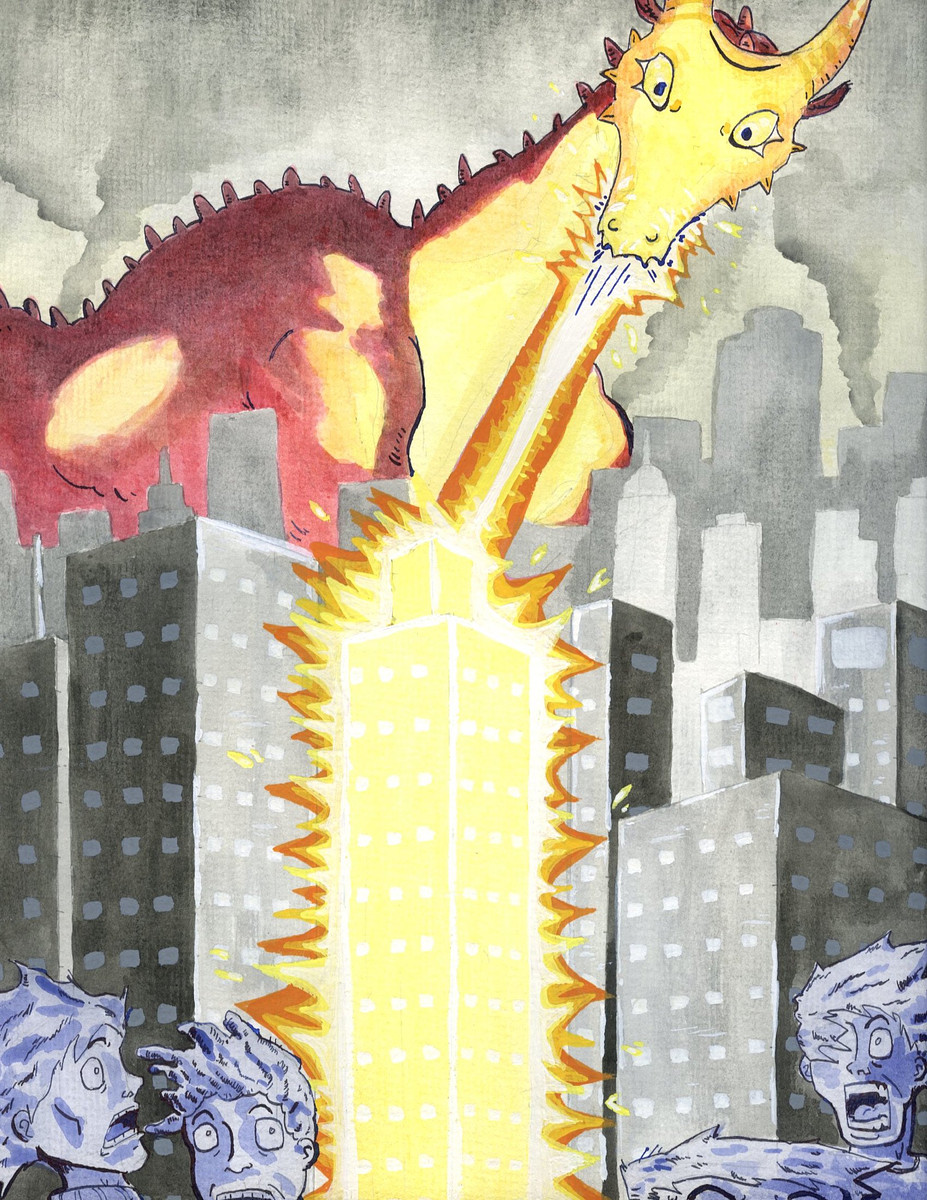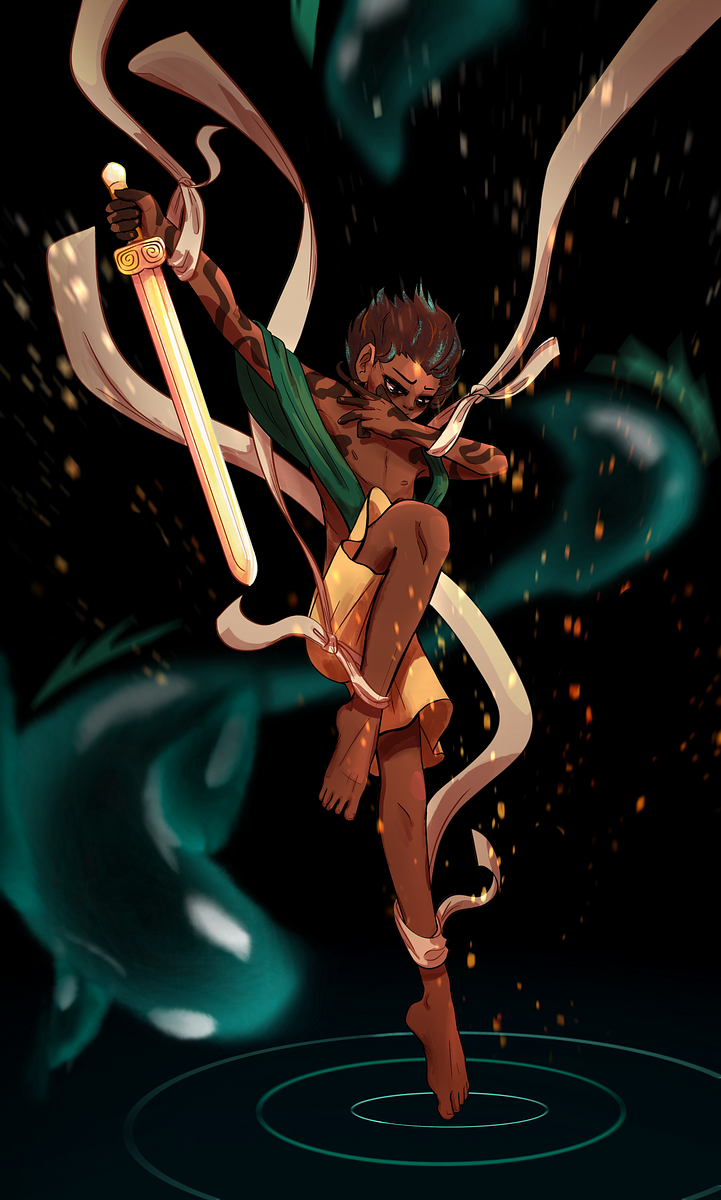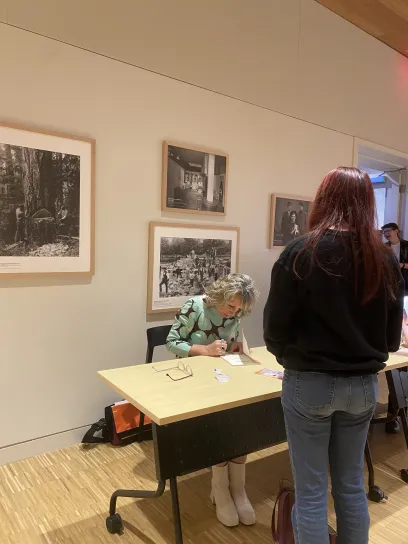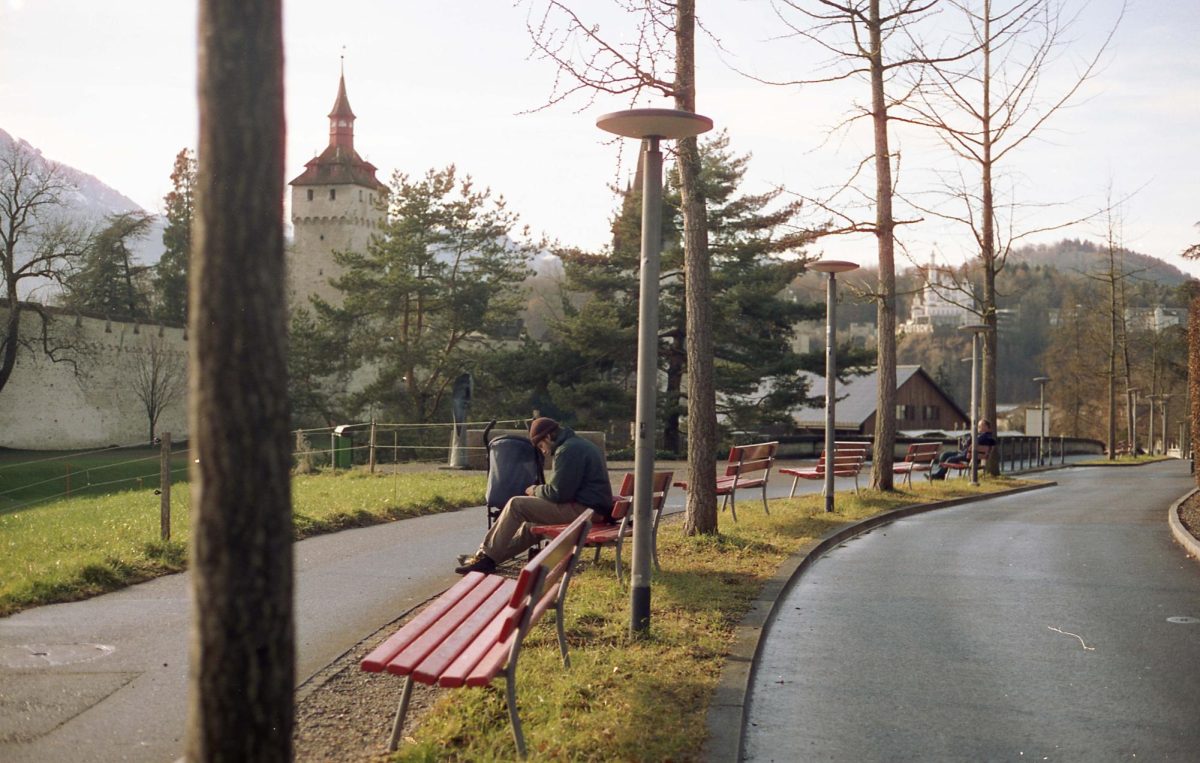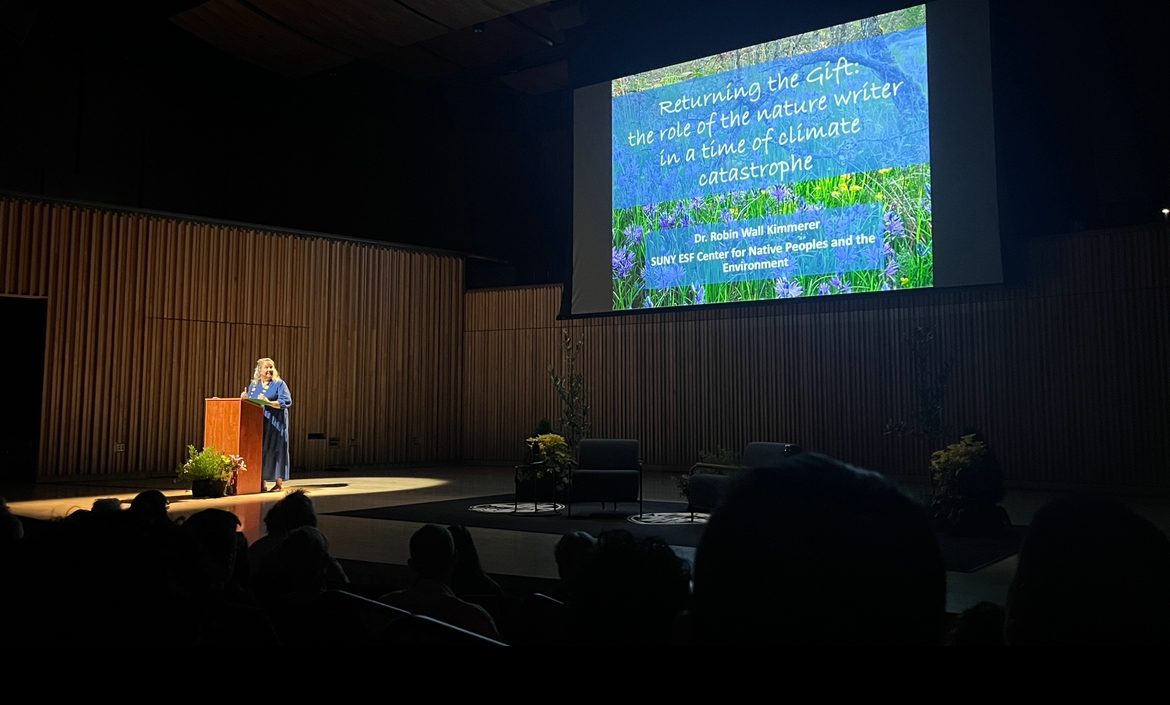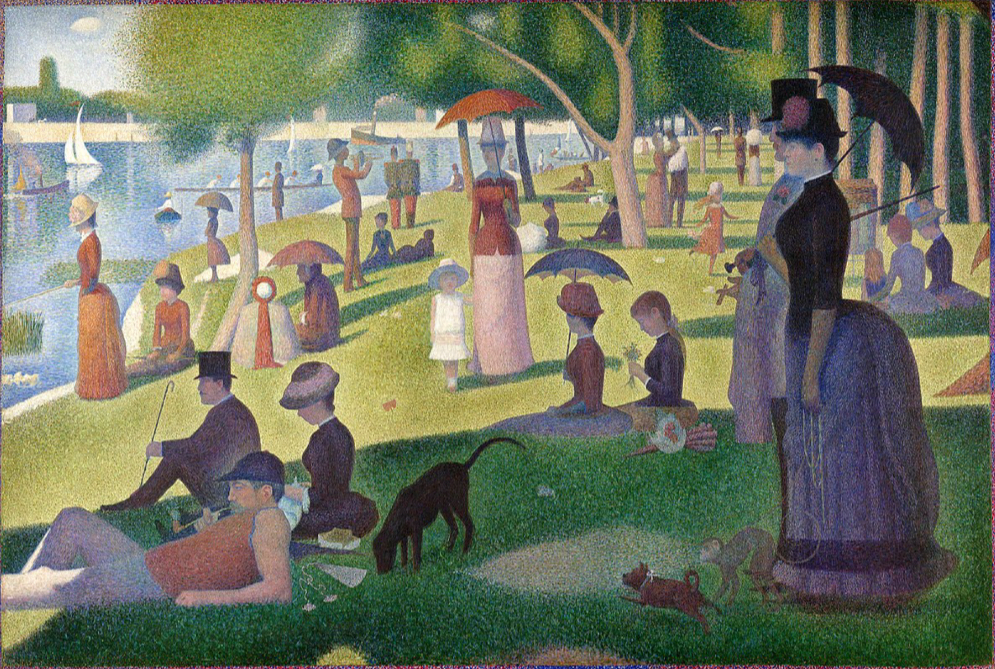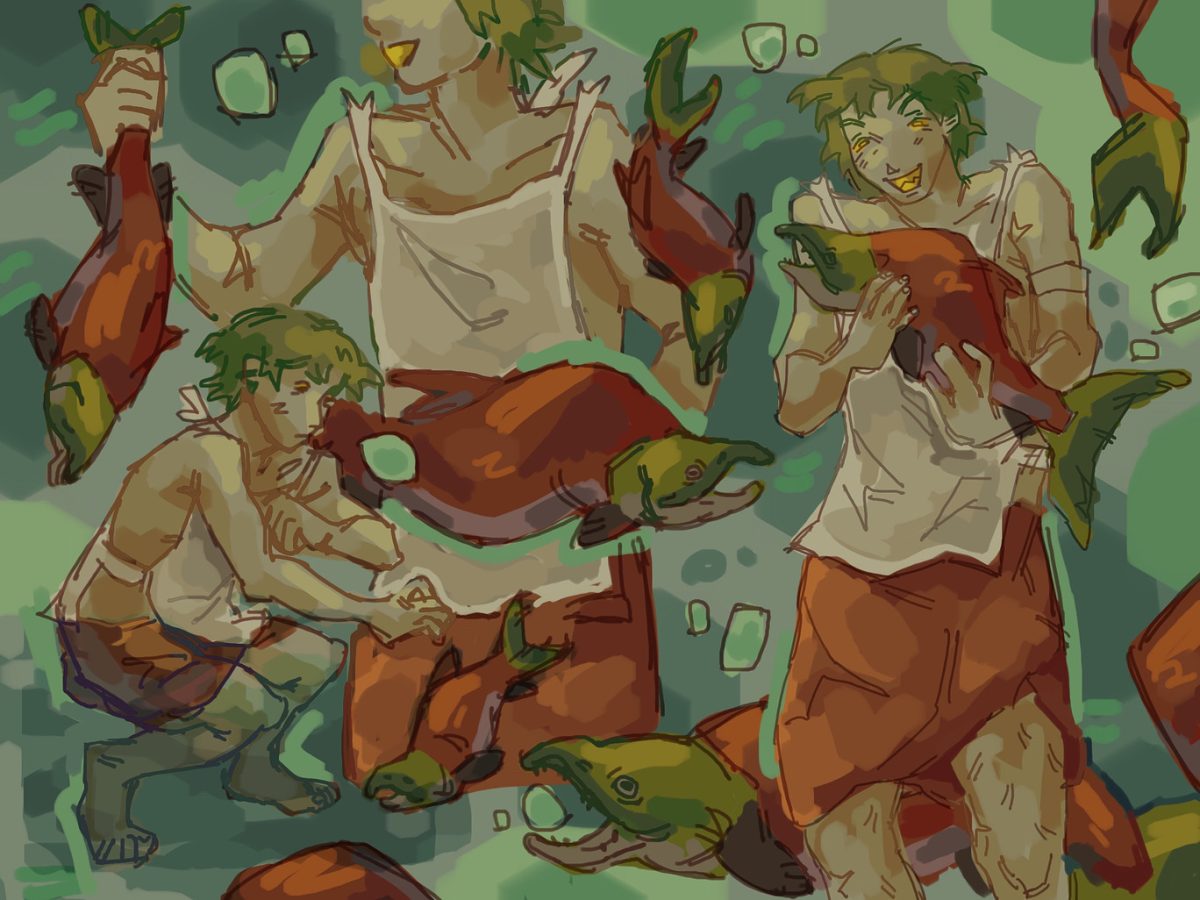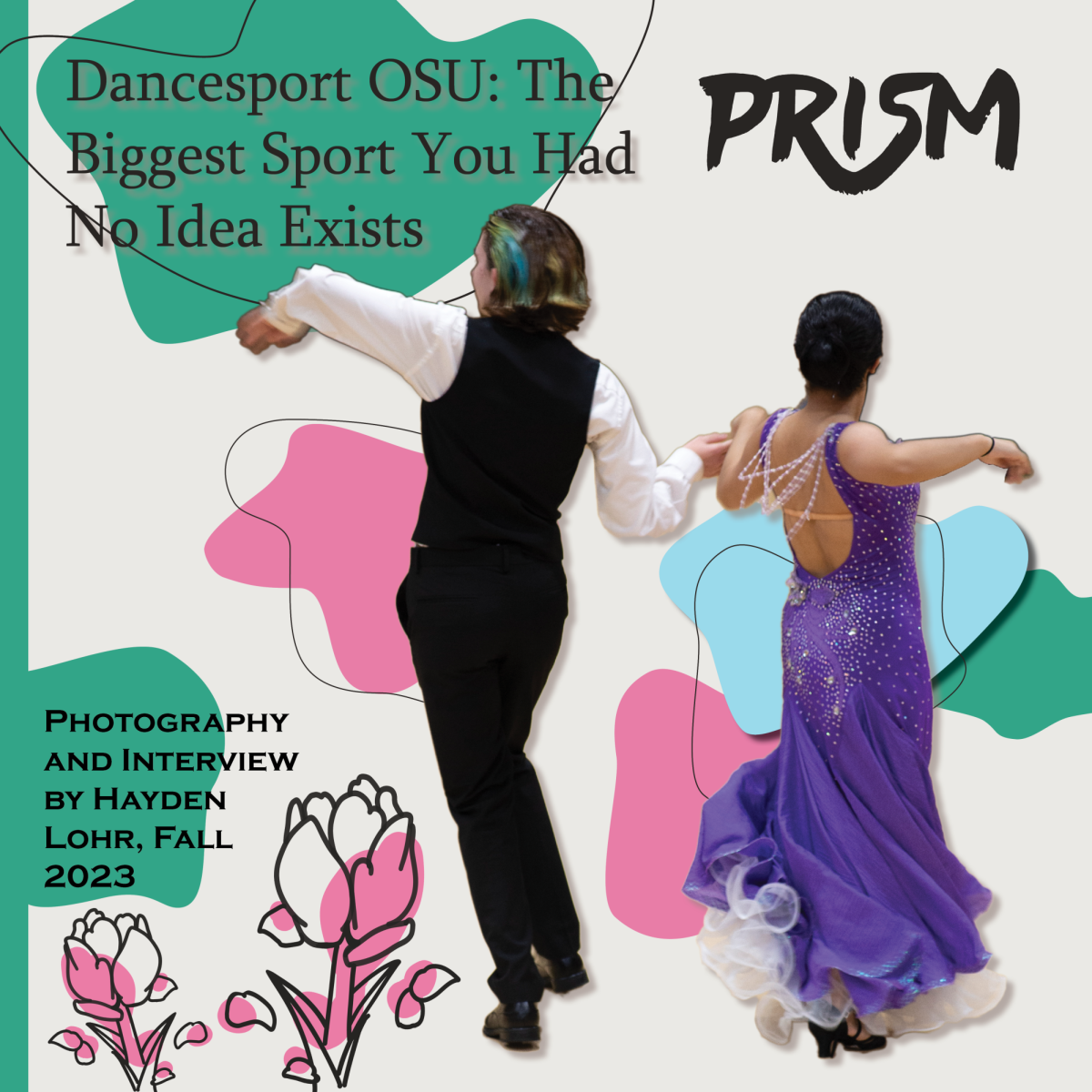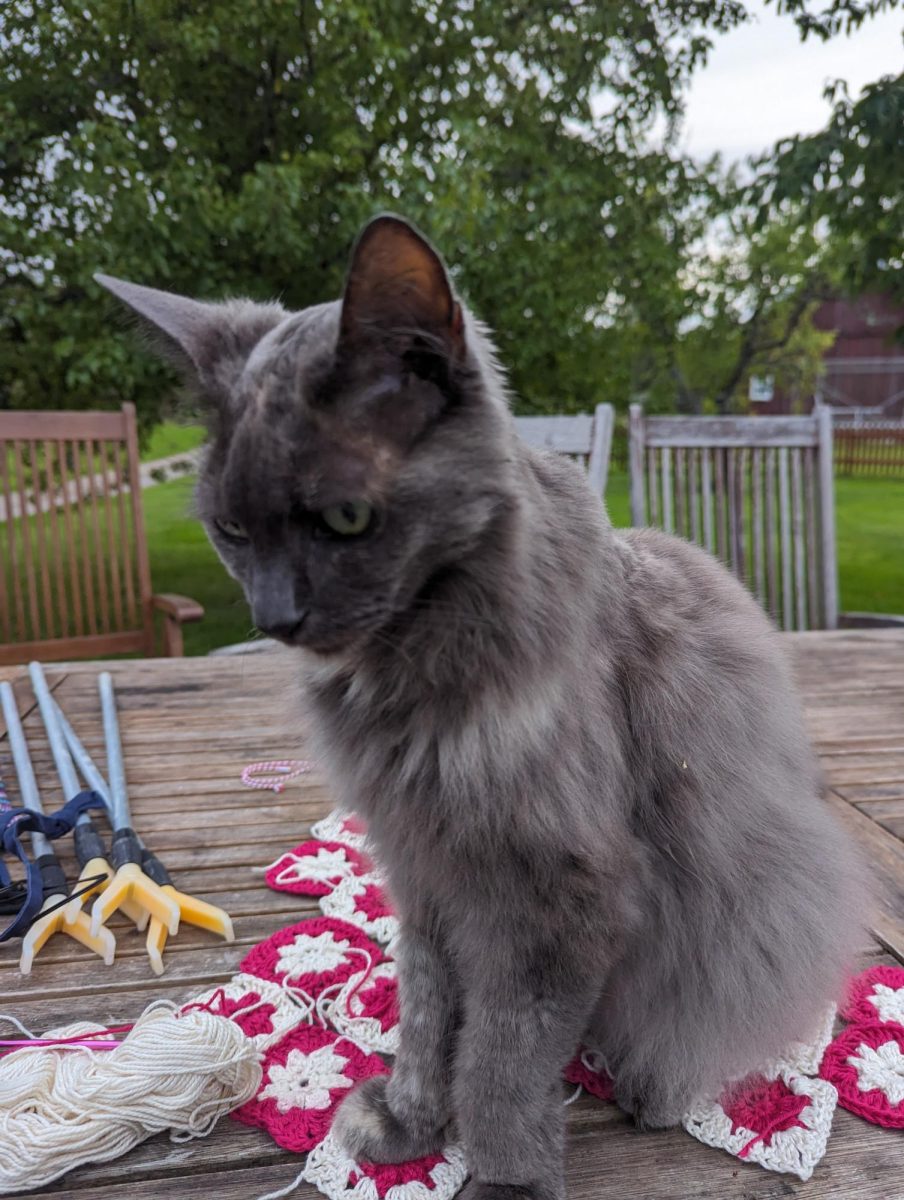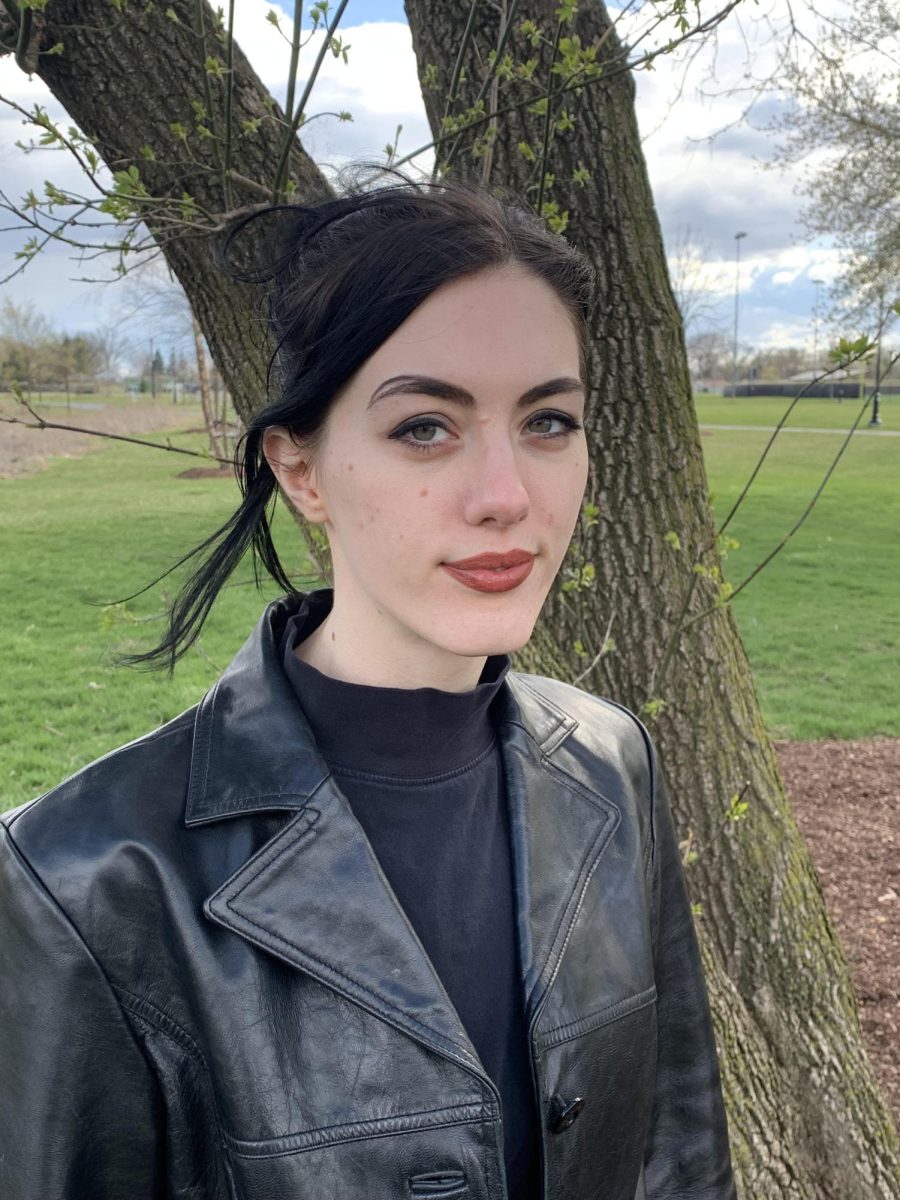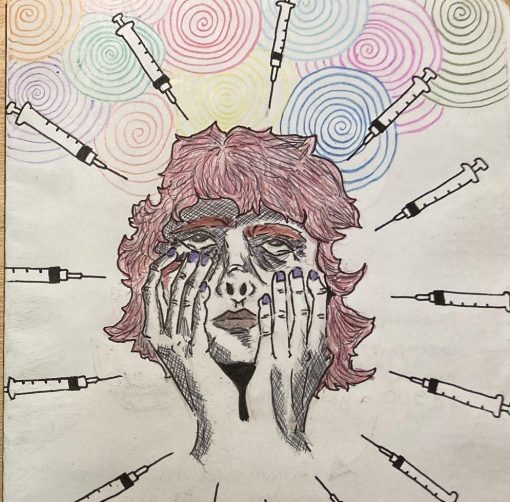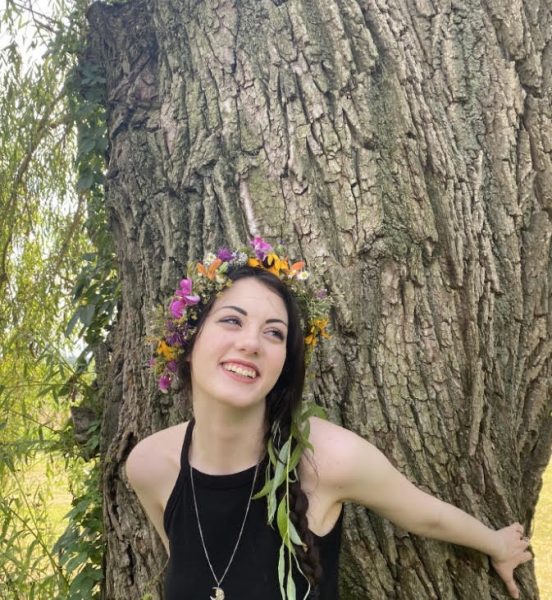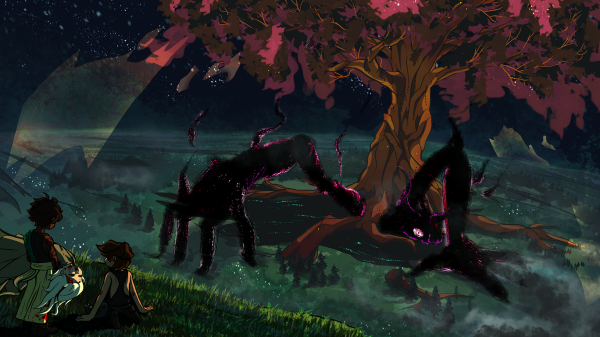
Excerpt from “Deep in the Woods”
These eyes were unlike any that Morgan had ever seen before. They did not appear attached to any form, instead peering down at Morgan from the shadows themselves. They were as tall as Morgan, oblong in shape. Morgan could see no pupil, but rather countless rings of blue within yellow, growing smaller and redder as they neared the center. They were mesmerizing.
“Morgan,” said a voice, distinctly inhuman. It reminded Morgan of the wind howling against the cabin they shared with their mother, of the sigh of leaves shivering in a breeze. “You have come.”
Morgan found themself entranced, though a little troubled. The voice knew their name, but they were quite sure they had not yet introduced themself. “You were waiting for me?”
“Oh yes,” the voice said, something eager in its tone. “I have been waiting for a very long time.”
“How do you know me? I’ve never been this deep in the woods before.”
“I know you quite well, little Morgan,” the voice replied, and Morgan couldn’t help but notice how that wasn’t quite an answer to their question. “I could tell it wasonly a matter of time before you came here. You’re not like the other children, you know. You’re clever. You’re curious. I admire that.”
The words warmed Morgan’s chest. It had been a long time since anyone praised Morgan—they had almost forgotten what it felt like.
“They say you’re dangerous,” Morgan told it, recalling the myth the adults like to tell.
The voice chuckled. The sound reverberated through Morgan’s bones. Those eerie eyes never blinked, never looked away from them. “Is that so?” it hummed, the tips of tree branches and undergrowth shivering in response. “But am I more dangerous than what is back where you call home?”
Morgan frowned. What was the voice talking about? The adults in Morgan’s village never said anything about danger back home. They only ever talked about the woods. Although they were curious, Morgan didn’t want the voice to think them foolish. So instead they replied, “Are you?”
The voice chuckled again, a deep and crackly sound. The eyes began to circle around Morgan, as if stalking a piece of prey. Morgan started to turn with them, but startled as they felt something slink past their ankles, cold and slippery. Their eyes darted down, heart beginning to pound faster. All they saw was a retreating shadow. When they tore their gaze away again, the eyes were much closer.
“Allow me to enlighten you, Morgan,” the voice said. The sound wrapped around them, smooth and comforting. “They say I am dangerous because they want to shift your attention away, to distract you from the truth. Tell me, how do you feel back home?”
Morgan considered this. They had always felt different, somehow. Their village was small, small enough that everyone knew each other. Yet none of the other kids ever wanted to play with them, or eat lunch together. They recalled the distant look in their mother’s eyes, the way she would sigh and stare at nothing. They recalled the looks the other adults would give them, like they were a wounded wild animal—pitying, yet
guarded. They recalled the whispers.
“Not good,” Morgan confessed, wrapping their arms around their middle as familiar emotions surfaced.
“You see, Morgan,” the voice continued, eyes beginning to circle again. Morgan looked down at their feet. “If you stay here, you will be far safer than you would be back there. More welcome. So why not stay?”
The offer was tempting. They had always experienced a strange draw to the woods, preferring to play there and dragging their feet when the sun set and they had to return home. They learned more out here than in school. The woodland creatures seemed to understand them better than the other children did. At least they approached Morgan, curious and open. And the voice, for as dangerous as the adults seemed to think it was, had not done anything to harm them. It even seemed kind.
“Can I still play at the edge of the woods?” Morgan asked, voice fragile. “So I can play with my animal friends and step on the fallen leaves?”
“I’m afraid not,” the voice replied, tone sympathetic. “It is safest here, in the heart of the woods.”
The shadows around them took on a tangible quality. They grew thick, less and less of Morgan’s surroundings visible to them—the sensation like being wrapped in a blanket by their mother, but without any of the warmth. Morgan’s ears began to pick up the sounds of shifting in the undergrowth, something adjacent to animalistic, which they found odd since they were quite certain they had not heard any animals since arriving in the heart of the woods.
Something felt wrong.
Rhys Hodson
Biography: Rhys is a creative writing/English major from Eugene, Oregon. They are queer and disabled, and have a passion for creating stories that reflect those experiences. He has been writing for as long as he can remember, and hopes to one day publish all the stories rattling around in their head.
Artist Statement: I have been writing stories for as long as I’ve been able to hold a pencil. Influenced by media like Studio Ghibli, I like to tell stories about messy, complicated relationships and structures where no one person is the bad guy–and in fact, where maybe the “bad guys” are actually just victims of a larger structure. My goal is to make even just one person feel as touched by my work as I have with my own favorite stories–and as a queer and disabled individual, helping bring more representation and understanding is just another bonus!
Canyon Roberts
Biography: Canyon has had a story cooking in his brain since he was very little, and his dream is to one day share it with the world! He’s currently studying mechanical engineering while pursuing art and music as hobbies that could potentially become a side-gig!
Artist Statement: These drawings serve as a way for me to explore my characters and the stories that they live through. Before any artistic decision is made about composition, value, or style, I focus on the scenario that I wish to depict. Digital art as a medium makes this process much more forgiving, as it’s extremely well suited for spitting out ideas rapidly and collaging together the ones that work.
Social Media: @cannnnyart on Instagram

